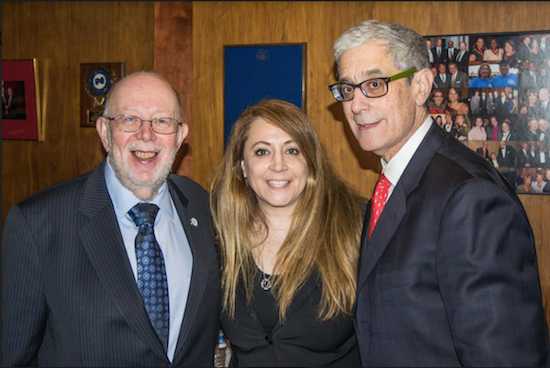Brooklyn Bar Association CLE covers lawyer’s role in representing autistic children in divorce

Divorce is tricky, and it gets much more complicated when a special needs child is involved, which is why the Brooklyn Bar Association’s (BBA) Family Law Section hosted a continuing legal education (CLE) seminar with three well-respected attorneys in Brooklyn Heights last Wednesday.
The CLE was titled “A Special Needs Child (Focus on Autism) in a Divorce: What the Attorneys Must Know and Do and the Role of the Attorney for the Child” and featured attorneys David M. Chidekel, Steven D. Cohn and Randi L. Karmel, vice chair of the BBA’s Family Law Section.
“Divorce and custody cases are difficult and emotional and when you have a child in the autism spectrum, it becomes that more difficult,” said Cohn. “Autistic children need continuity and repetition.”

Brooklyn Boro
View MoreNew York City’s most populous borough, Brooklyn, is home to nearly 2.6 million residents. If Brooklyn were an independent city it would be the fourth largest city in the United States. While Brooklyn has become the epitome of ‘cool and hip’ in recent years, for those that were born here, raised families here and improved communities over the years, Brooklyn has never been ‘uncool’.